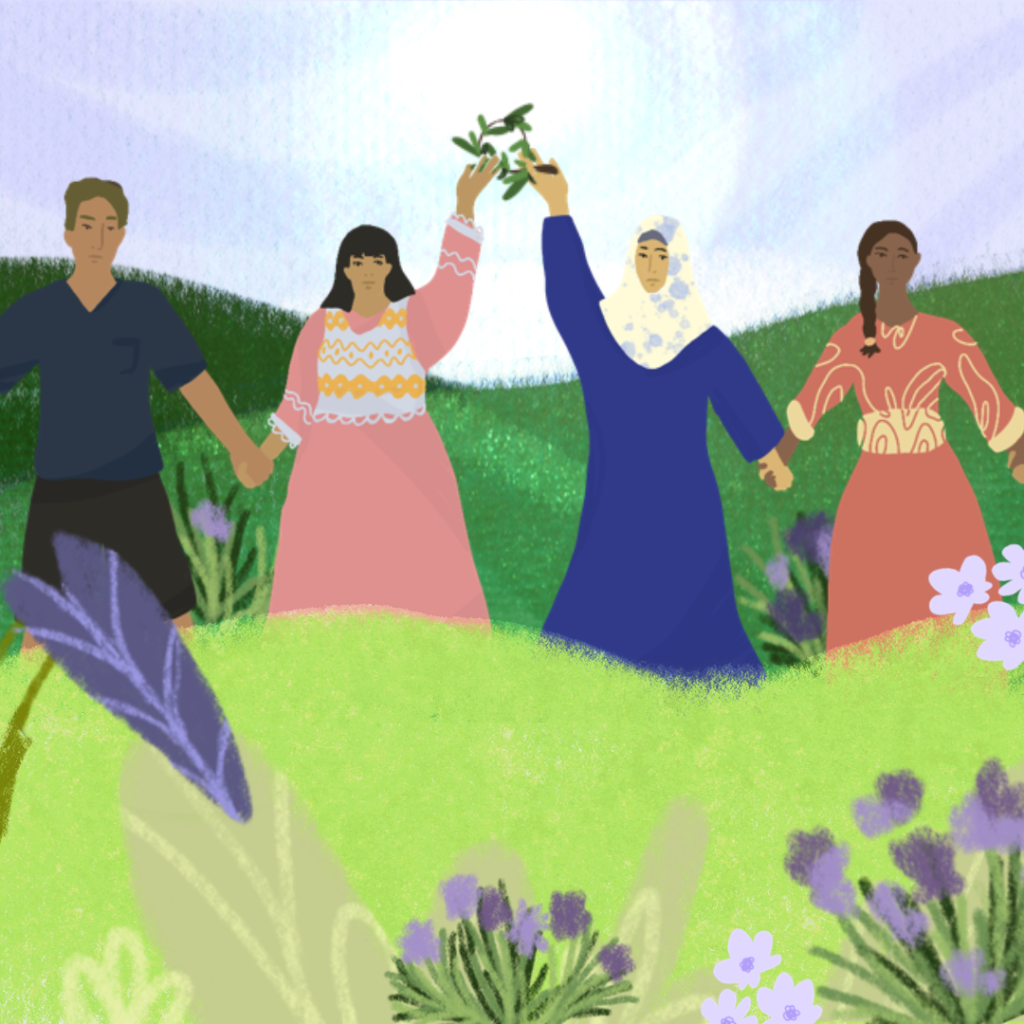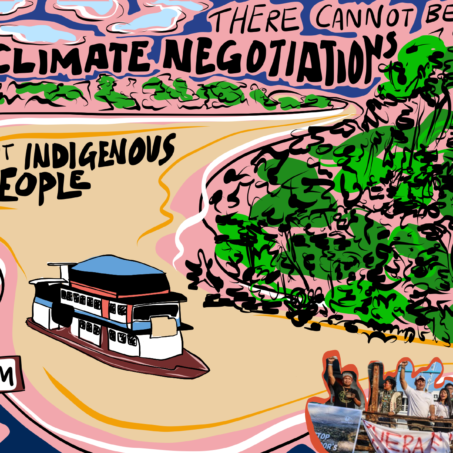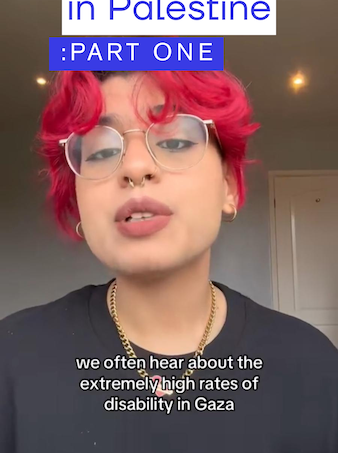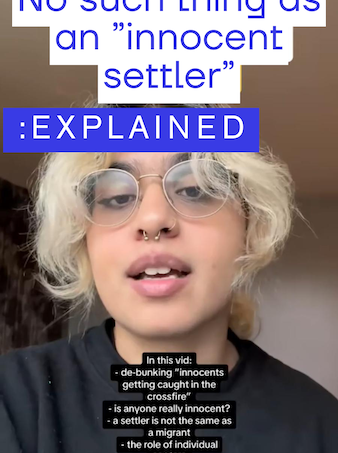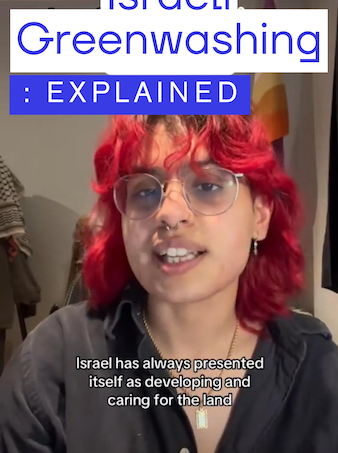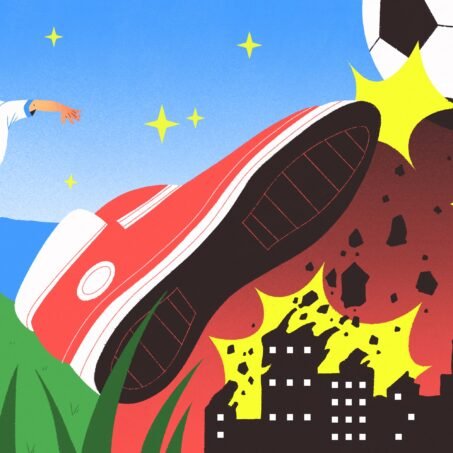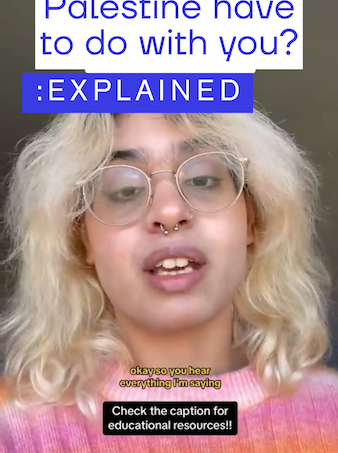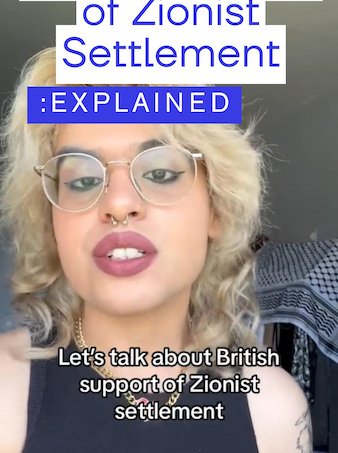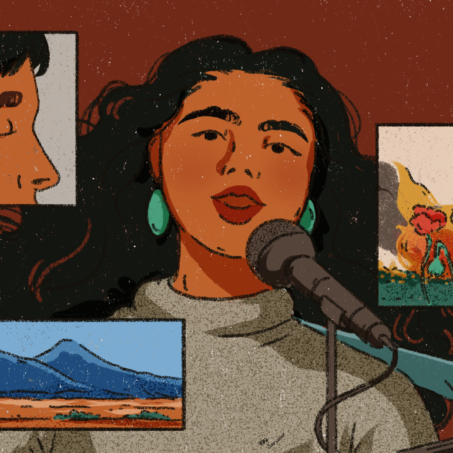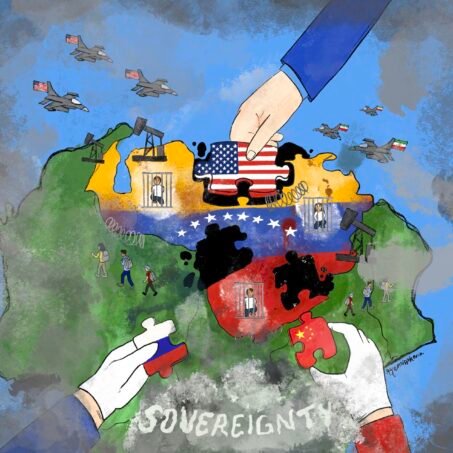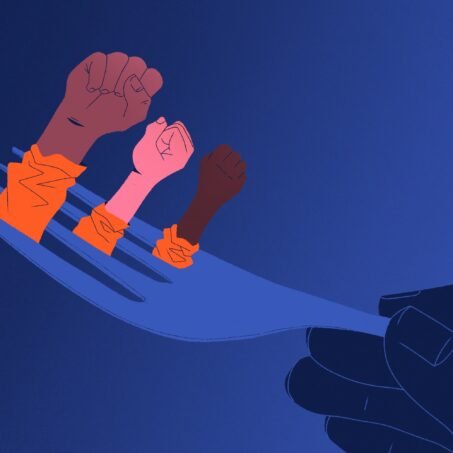You can walk along almost any street in central Guatemala City and see wheatpasted posters with pictures of wide-eyed young people and the words: ¿Donde estan? (where are they?)
Sometimes they cover the entire facade of a building, capturing the faces of the estimated 45,000 people forcibly disappeared by the Guatemalan army during the country’s 36-year civil war.
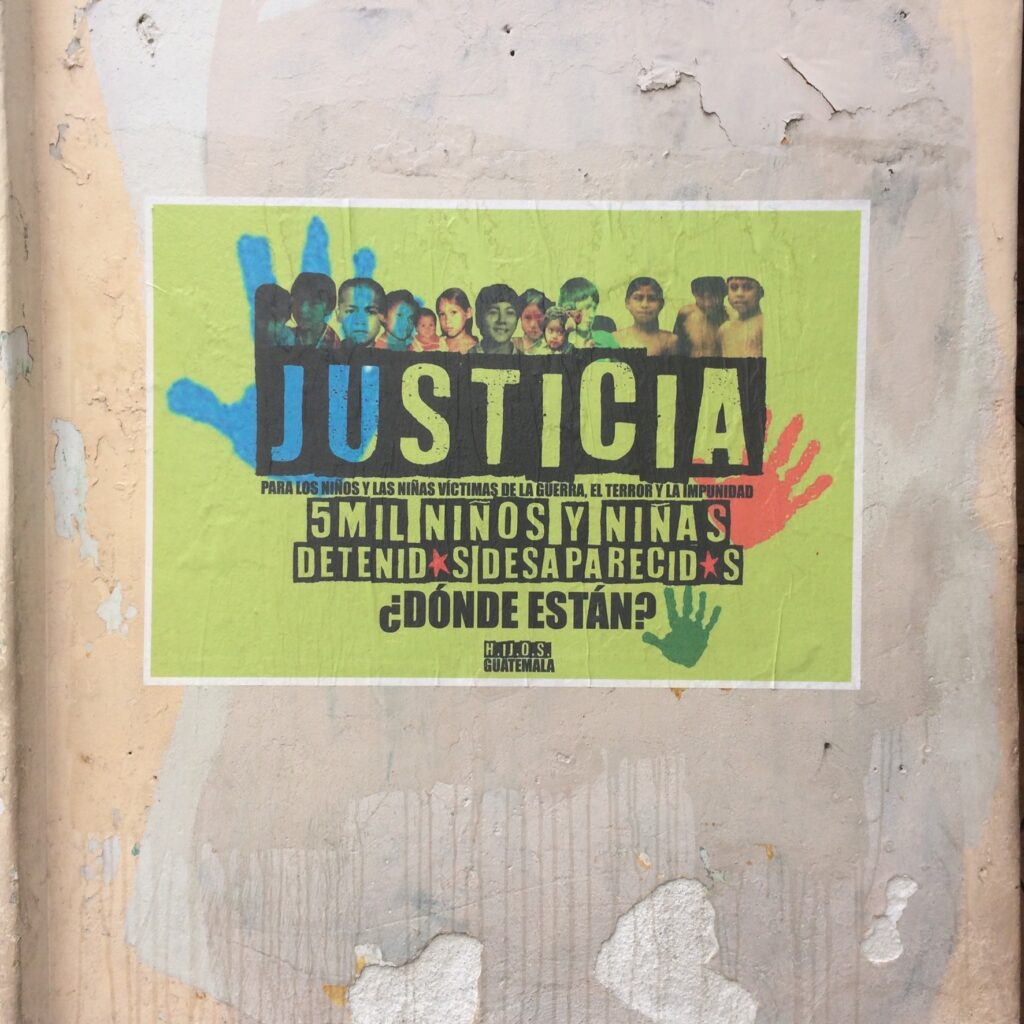
Occasionally, scrawled amongst the photographs are the words hasta que vuelva la primavera (until the return of spring), referring to the long decades of political winter the country has endured during and after the war.
Officially starting in November 1960, the conflict had been brewing since a CIA-backed coup d’etat in 1954 where the democratically elected president Jacobo Arbenz was deposed and replaced by a dictator sympathetic to American interests.
Arbenz had begun instituting land reform involving nationalisation and re-distribution of vast tracts of Guatemalan land which belonged to the American-owned United Fruit Company (now Chiquita Banana). The unrest that followed this coup eventually culminated in a civil war which spanned four decades and continues to cast long shadows over Guatemala today.
American involvement in this conflict is well documented. However, the role of another important collaborator – Israel – has been less scrutinised.
Israel played a critical role in the Guatemalan civil war, notably during the especially brutal period from the mid-70s to mid-80s in which the Mayan genocide was carried out. Israeli military officials provided training to the Guatemalan army, sharing the counterinsurgency and interrogation techniques that had allowed them to eradicate Palestinian villages and torture Palestinian prisoners.
So close was this relationship that Guatemalan military officials spoke openly of the “Palestinisation” of the country’s Mayan population. Efrain Rios Montt, the most brutal of Guatemala’s wartime dictators who stood trial for Genocide in 2017, openly thanked “our friends the Israelis” for facilitating his rise to power in 1982 and acknowledged that it had gone well “because many of our soldiers were trained by Israelis.” At the time, Israeli press reported that over 300 Israeli military advisors had assisted in his takeover.
Beans and Guns
I spoke to H.I.J.O.S, a Guatemalan collective dedicated to raising public awareness of the genocide and seeking justice for survivors. They are the group behind the posters covering many facades in central Guatemala City, and consider developing public consciousness of the Israeli legacy in Guatemala part of their mission.
“Our brotherhood with the Palestinian people is unwavering,” Raul Najera, a H.I.J.O.S member affirms. “Our histories are blighted by a parallel violence, wars and destruction imposed by colonial powers. Israel played an important role in the subjugation of Mayan Guatemalans and in order to work towards justice we must remember the truth.”
Rios Montt’s brief 17 months in power was one of the most brutal periods of the entire civil war, and most of the bloodshed was achieved through close collaboration with his Israeli allies. Shortly after gaining power, he deployed his Frijoles y Fusiles (beans and guns) campaign.
This scorched earth policy – developed in conjunction with Israeli advisors based on similar programmes in Palestine – sought to pacify “unruly” villages by providing food and agricultural tools to those who cooperated while using ruthless violence against those who didn’t.
Even after Rios Montt’s reign of terror ended, his successors continued to include agricultural resettlement schemes in their counterinsurgency strategies as part of their efforts to crush indigenous culture and render rural labour in service of the state.
These were inspired by Israeli kibbutzim, which had been deployed in a similar manner during the ethnic cleansing of Palestine. When I speak to Lena Nasr from the Palestinian Youth Movement, a transnational organisation mobilising towards a liberated Palestine, she tells me: “The Zionist entity exported tactics of repression, wielded against the Palestinian people, to Guatemala in the late 1970s: Immediately after the visit of two top ranking members of the Guatemalan regime to Tel Aviv, Israeli advisers arrived in Guatemala to leverage agricultural counter-insurgency tactics to squash Ixcan, the heartland of the revolutionary movement. As our oppressors continue to collude with each other to repress us, we must continue to link arms as people around the world who can learn from each other’s struggles and strengthen our movements towards victory.”
One of the most important ways colonisation seeks to dominate the colonised is through isolation. Sequestering the land while also segregating people from their ecosystems and – crucially – other people. Transnational solidarity is a powerful way to combat this while reminding ourselves that all struggles against oppression are linked. None of us is free until we are all free.

Genocide: Made in Israel
On 10th May 2013, Guatemala made history as the first country to try its own (former) head of state for genocide. Rios Montt was convicted of genocide and crimes against humanity and although the sentence was later overturned by Guatemala’s corrupt constitutional court, the trial and guilty verdict remain a watershed moment.
Dozens of survivors gave testimonies. Some had been raped repeatedly; others had been children when they watched their villages burn down and many had seen their entire families slaughtered. This bloodshed and the mass displacement it generated would not have been possible without the tactical and military support of Israel.
One of the most haunting attacks committed under Rios Montt was the Dos Erres Massacre. Israeli trained soldiers burned the Mayan village of Dos Erres to the ground, but not before murdering its inhabitants. The details are gruesome: violent rapes, fetuses ripped from mothers bodies, and children thrown down wells.

Join our mailing list
Sign up for shado's picks of the week! Dropping in your inbox every Friday, we share news from inside shado + out, plus job listings, event recommendations and actions ✊
Sign up for shado's picks of the week! Dropping in your inbox every Friday, we share news from inside shado + out, plus job listings, event recommendations and actions ✊
The carnage bears a resemblance to the Deir Yassin massacre, a Palestinian village ethnically cleansed by zionist forces in 1948. During a court-ordered investigation of the Dos Erres massacre, UN Truth Commission experts concluded in their report that “All the ballistic evidence recovered corresponded to bullet fragments from firearms and pods of Galil rifles, made in Israel.”
Entangled histories
Although geographically and culturally disparate, the recent histories of Central America and the Middle East overlap in unexpected ways. Both regions represent a mid-point; an axis between north and south, east and west. Both lie on ancient trade routes. And both have repeatedly found themselves in the dangerous sightline of Euro-American powers seeking to flex their geopolitical muscle.
The first ever CIA-sponsored coup was in Iran (1953) and the second was in Guatemala (1954). Both events continue to have substantial ripple effects throughout their respective regions today. In 1956, Guatemala became the first country to open an embassy in occupied Al Quds (Jerusalem), heralding the start of a genocidal alliance which would see both regimes develop their interest in the subjugation of Indigenous peoples.
Lucia Ixchiu, an Indigenous K’iche activist, asserts that these linked histories generate radical solidarity. “We feel so much empathy and solidarity with the Palestinian people because we have similar histories of colonial violence and dispossession,” she tells me.
And Layth Hanbali, a Palestinian health researcher based in Ramallah, agrees. “Palestinian resistance to Zionism is a core part of global anti-Imperialist resistance. It falls on all the people of the Global South to restore that history of shared struggle against colonial destruction and exploitation everywhere it occurs.”
In Guatemala, and Central America more generally, Israel has functioned in much the same way as it does in the Middle East: to guard the geostrategic interests of the USA. At the Mexico-US border in Southern Arizona, Israeli weapons firm Elbit – of #ShutElbitDown fame – supplies surveillance towers used to hunt down Central American migrants crossing the border on foot.
Many are fleeing the direct and indirect consequences of the American-Israeli destabilisation of their homelands. Additionally, in Arizona, these same Israeli-produced surveillance towers are being used to encircle and police the Tohono O’odham Nation reservation. A major selling point for Elbit technologies is their unashamed boasting that their equipment has been field tested on Palestinians.
Even today, long after the so-called Guatemalan Peace Accords were signed in 1996, Israel continues to buttress some of the most oppressive elements in Guatemalan society, including private security companies and evangelical churches. Founded by Israeli ex-special forces officers, the Golan Group is the oldest private security firm in Guatemala, the centre of a vast empire providing violence-for-hire all over Latin America.
In Guatemala, Golan has been implicated in vicious crackdowns on Indigenous land defenders, having even been named in a 2014 lawsuit by six Guatemalan farmers who were shot while protesting against a mining company.
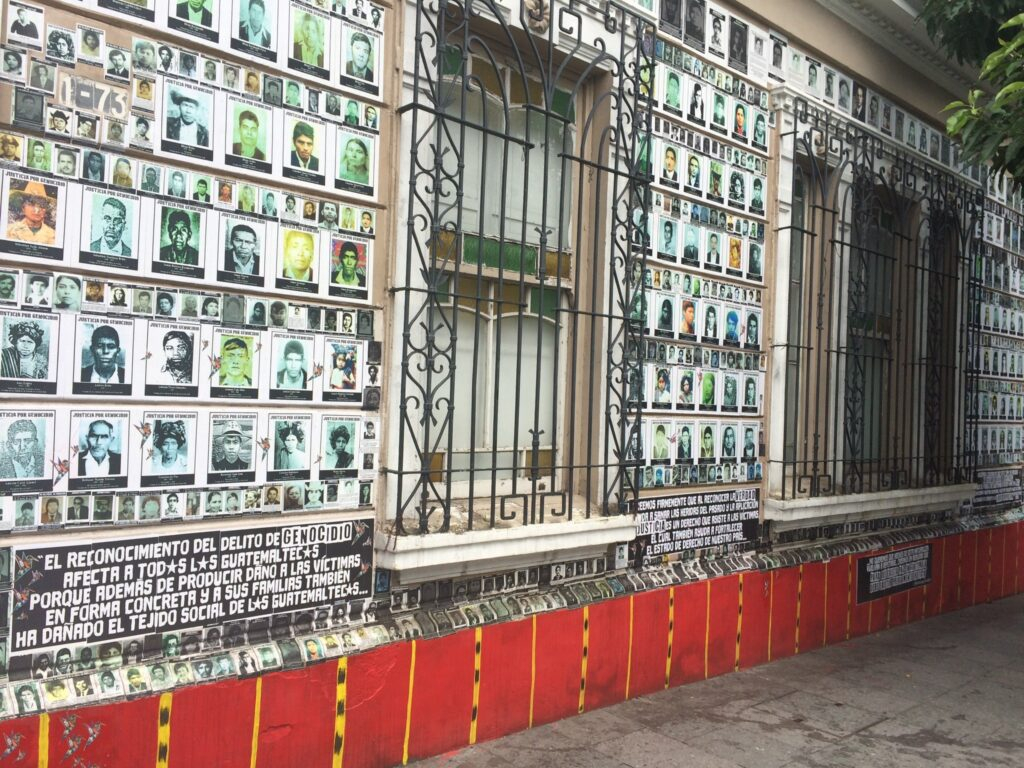
Who gets to be human?
An important thread tying together the suffering of both Indigenous Guatemalans and Palestinians is the tremendous effort exerted by both regimes on dehumanising them as a pre-requisite of genocide. This tactic has been used extensively throughout the histories of both countries and is also being deployed in the current Israeli assault on Gaza. The Guatemalan army refined this technique under Israeli tutelage and Israel continues to build on these lessons today, adapting them to the social media age.
“If guerillas are fish, then people are the water that sustains them. If we want to kill the fish we must drain the water.” This was the official philosophy of the Rios Montt government and lays bare the chilling justification for the mass murders he oversaw. As the former President’s press secretary explained: “The guerrillas won over many Indian collaborators. Therefore, the Indians were subversives, right? And how do you fight subversion? Clearly, you had to kill Indians because they were collaborating with subversion. And then they say, You’re massacring innocent people. But they weren’t innocent.”
Several decades later, this genocidal argument is remarkably similar to those expressed by Zionists as a justification for their brutal onslaught on Gaza. In the last few weeks we have seen extremely dehumanising language used to refer to Palestinians. “It’s an entire nation out there that is responsible,” said Israeli president Isaac Herzog. Defense Minister Yoav Gallant confirmed Israel’s intentions in an eerie echo of Rios Montt, declaring: “We are fighting human animals and we will act accordingly.”
This grisly manifesto is not just empty rhetoric for Israel, but official policy. The Dahiya Doctrine is an official strategy of the IDF and advocates the destruction of civilian infrastructure in areas deemed hostile, explicitly endorsing disproportionate use of force to that end. It is named after the Dahiya neighbourhood of Beirut, which was heavily damaged during Israel’s 2006 attacks on Lebanon.
The Good Shepherd Collective, a Palestinian anti-Zionist, anti-colonial organisation, emphasises the globally interconnected nature of these struggles, telling me: “By standing with Indigenous people in Guatemala, we are also fighting for our own future and vice versa.”
Lara Kilani, GSC member explains: “Understanding that our struggles are interlinked is essential. This is not only because it helps us see that the tactics used against us – and the actors using them – are connected, but also because we can very clearly visualise how unmaking these systems of oppression and violence is a shared responsibility.”
A long-awaited spring
High up in the Guatemalan highlands, in the market town of Chichicastenango, the family of a man murdered by the Guatemalan army told journalist Victor Perera: “In church they tell us that divine justice is on the side of the poor; but the fact of the matter is, it is the military who get the Israeli guns.”
That was in 1985. Today, Israel continues to uphold violent regimes all over the world – whether through genocidal governments or murderous mining companies. In Guatemala, this shocking legacy has had lasting effects.
On 8th October, as Israel launched its current assault on Gaza, Guatemala was in the throes of a national strike that gripped the whole country. This strike was called by civil society and Indigenous-led organisations in response to fears that the newly elected left-wing president Bernardo Arevalo would be prevented from taking office by the pacto de corruptos, a term used to refer to politicians, businessmen, organised crime and members of the judicial system who maintain a system of impunity that protects them from prosecution and maintains their political control.
Despite this powerful lobby and thanks largely to these Indigenous-led protests, Arevalo was sworn in as planned. The road to repairing decades of bloodshed and American-Israeli political meddling will be a long one, but there is hope that this will be the long-awaited return of primavera (spring) for Guatemala, and especially for its long-neglected Indigenous community.
The road for Palestine is still uncertain, but there is hope to be found on that path too. This hope has nourished a global ecosystem of resistance that will one day see the fruits and flowers of Palestine bloom again on liberated soil, tended by Palestinians free in their own land.
What can you do?
Read:
- Bitter Fruit: The Story of the American Coup in Guatemala
- Boycott, Divestment, Sanctions
- Fear as a Way of Life
- The Palestine Laboratory
- Freedom is a Constant Struggle
- Palestine Speaks
- Rifqa
- More articles about Palestine
Watch:
- Farha
- When the Mountains Tremble
- Stitching Palestine
- Granito: How to Nail a Dictator
- Where Should the Birds Fly
Listen:
